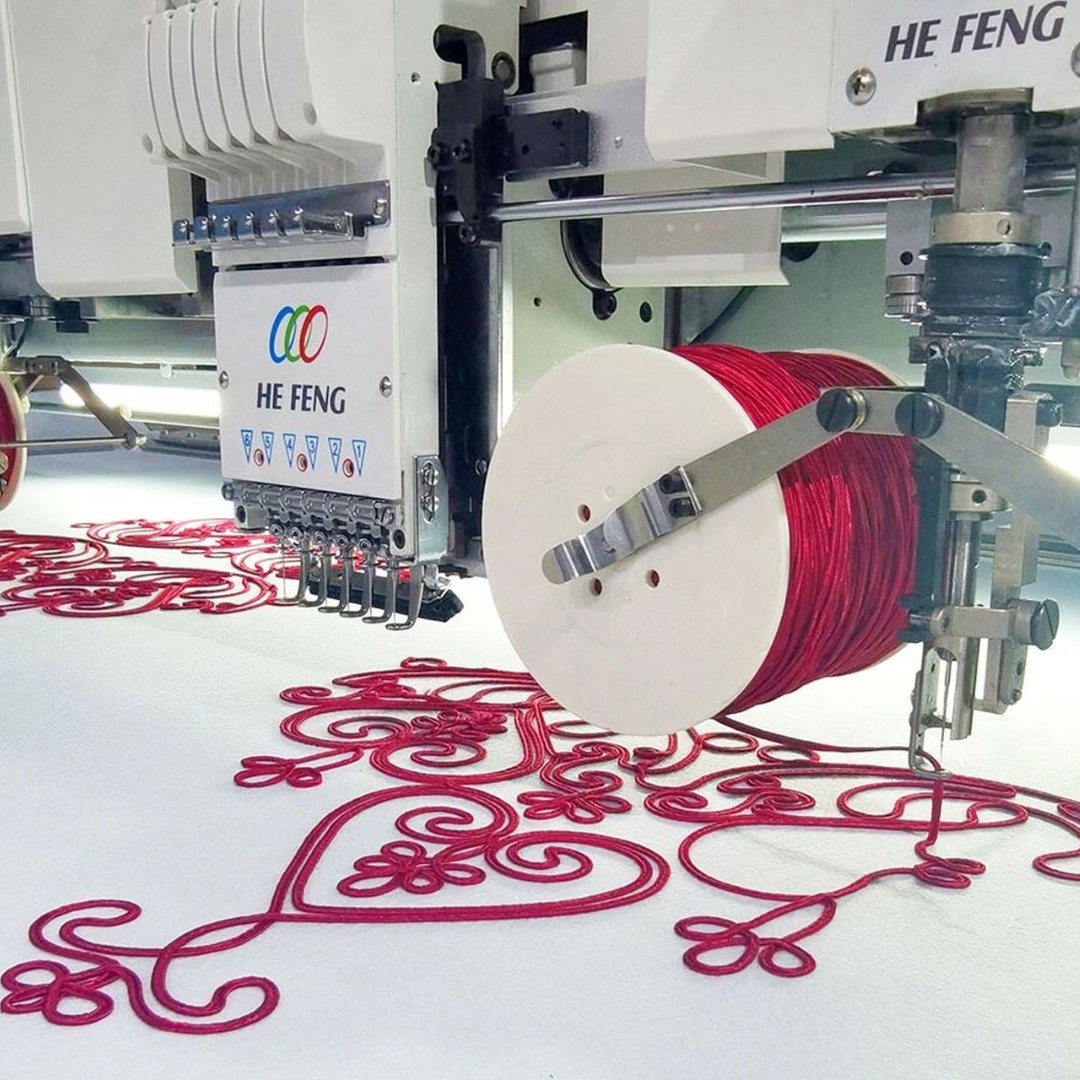Tulle vs Chiffon: Understanding the Key Differences in Texture, Structure, and Style
A Fabric Guide for Designers, Brides, and Trendsetters
When it comes to creating elegant, breathable, and romantic garments, tulle and chiffon are often top choices. But while they may look similar from afar, these fabrics are structurally and functionally very different.
1. Material & Structure
Tulle is a net-like, semi-sheer fabric made from polyester, nylon, or other synthetic fibers. It’s known for its airy appearance and ability to add volume and shape. Tulle comes in varieties like four-sided mesh, hexagonal tulle, organza tulle, and diamond-shaped mesh.
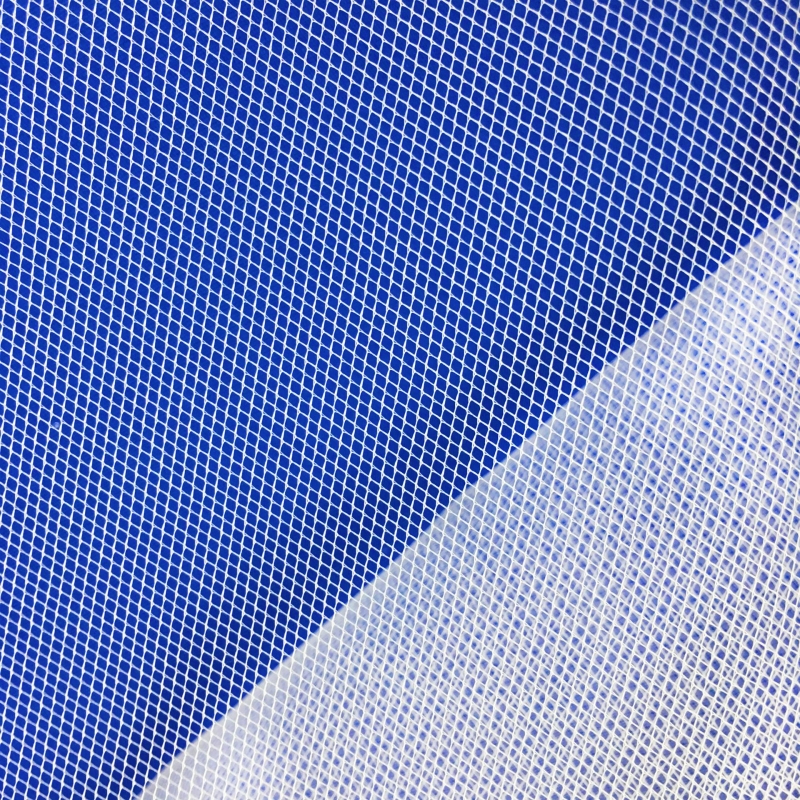
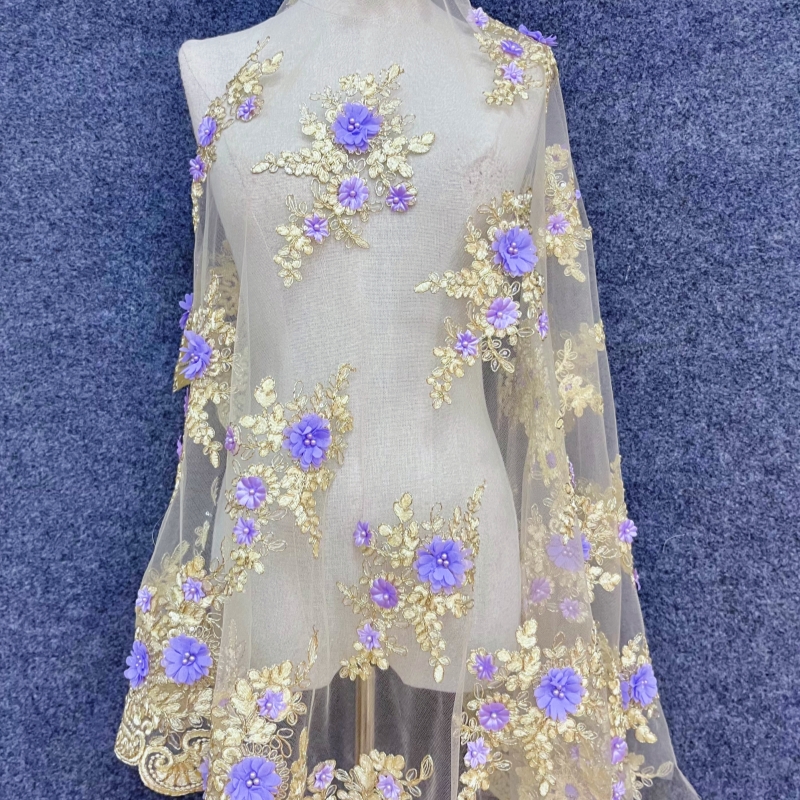
Chiffon, on the other hand, is a woven sheer fabric made from silk, rayon, or polyester. It’s smoother, more fluid, and ideal for draped silhouettes. There are both light and heavy chiffons—the heavier ones may contain 5–15% Spandex for added flexibility.
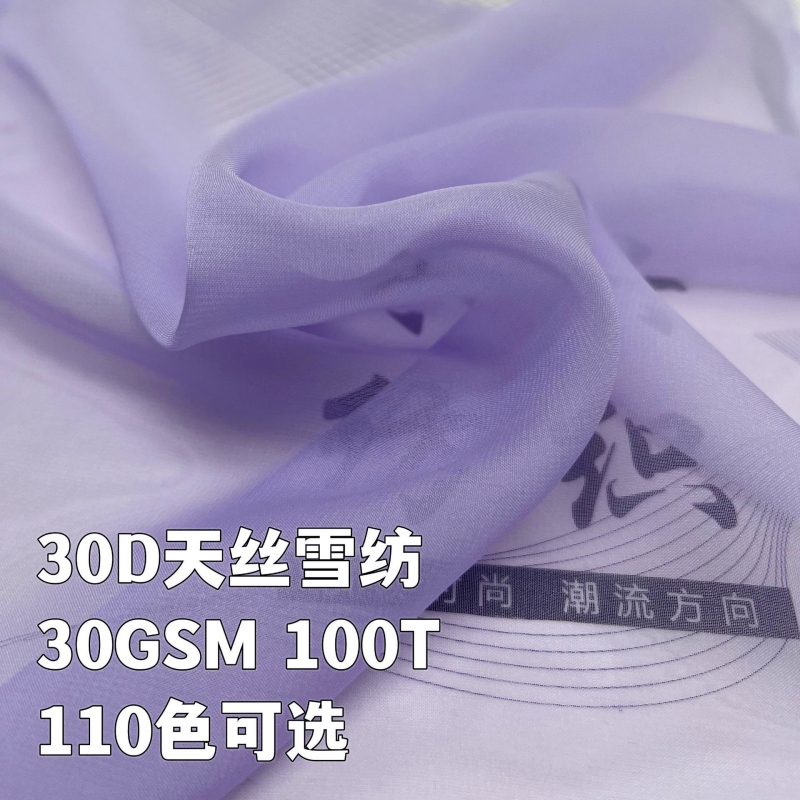
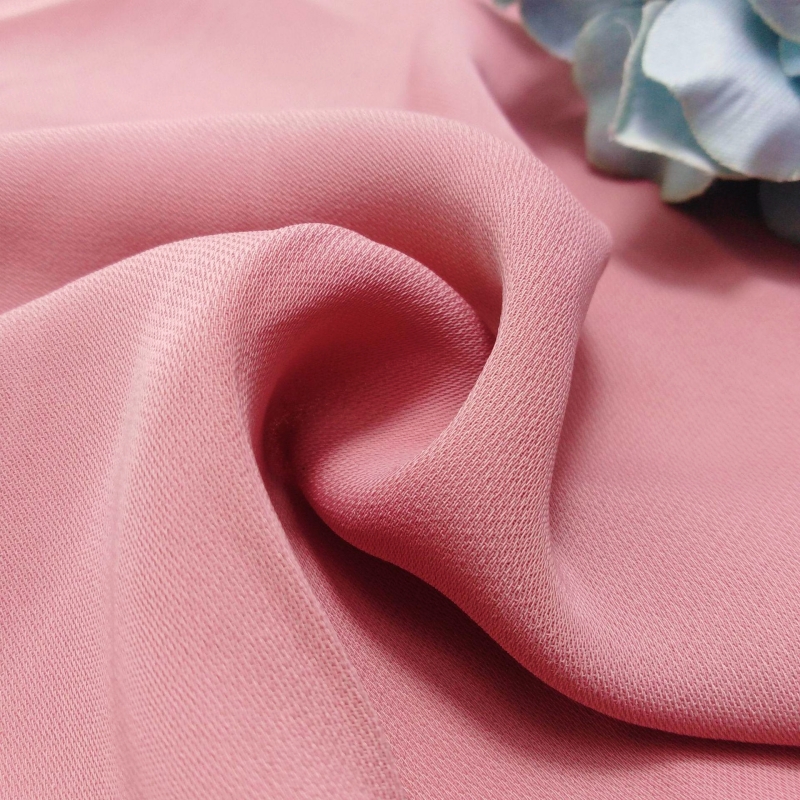
2. Weaving & Elasticity
Tulle is usually produced through knitting, which makes it stretchy and budget-friendly. This feature makes tulle suitable for playful or voluminous styles without adding too much cost.
Chiffon is made through weaving, which results in finer threads and a more luxurious, smooth finish—but it also means higher manufacturing costs.
3. Common Uses
Tulle is widely used in wedding dresses, veils, tutu skirts, children’s wear, and stage costumes. Its delicate structure also makes it perfect for beadwork, embroidery, and sequins.
Chiffon’s breathable, flowing characteristics make it ideal for evening gowns, summer dresses, and office blouses. Heavier chiffons are perfect for stylish outerwear and dressy pants.
4. Style & Aesthetic
Tulle adds structure and fantasy—it’s your go-to for a fairytale silhouette.
Chiffon brings softness and elegance—great for timeless, everyday elegance or romantic eveningwear.
5. Final Thoughts
Whether you’re designing for a runway, wedding aisle, or summer lookbook, knowing when to choose tulle vs chiffon can shape the success of your garment. Tulle gives you architectural flair, while chiffon offers natural flow and grace.
🎨 Pro Tip: Mix them for best results—use tulle for structure and chiffon for surface beauty!




